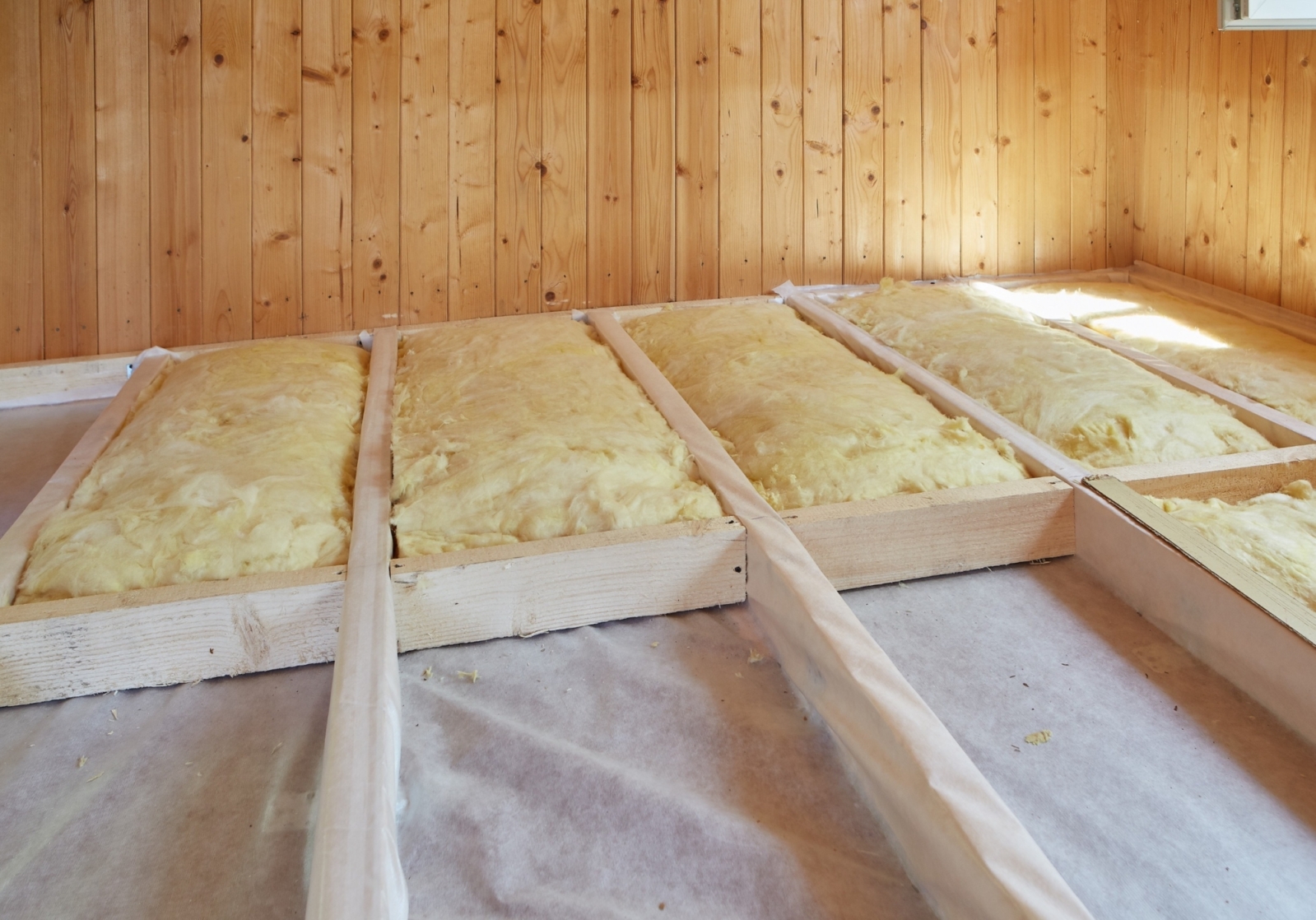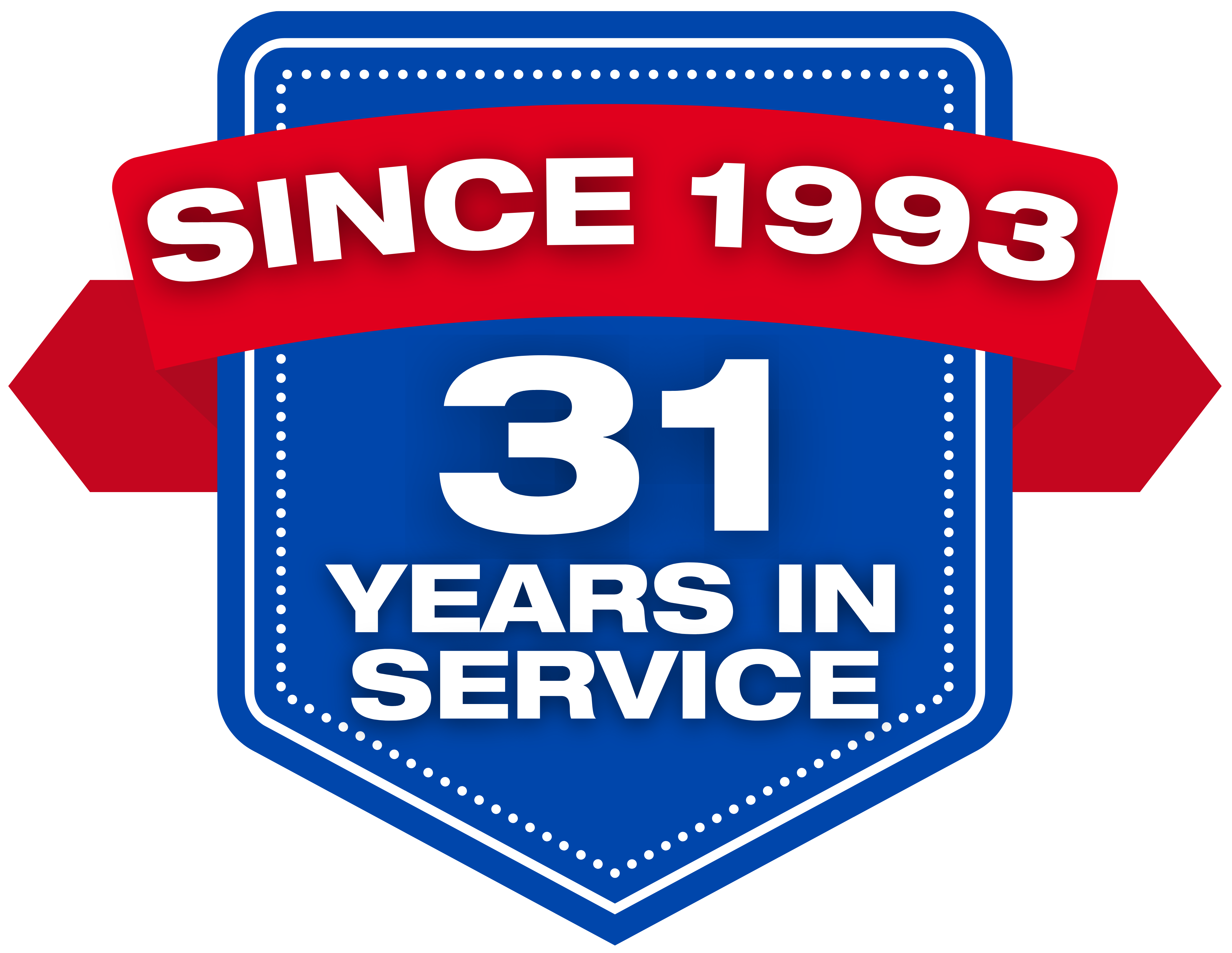How to Prevent Frozen Pipes in Unheated Areas Like a Garage or Attic

As winter approaches, homeowners face the potential risk of frozen pipes, especially in unheated spaces like garages, attics, and basements. Often homeowners overlook these areas, but when temperatures drop, the water inside pipes can freeze and expand, leading to cracks or bursts that can cause significant water damage. This not only results in expensive repairs but can also create a major disruption in your daily life. Fortunately, there are several steps you can take to prevent frozen pipes in unheated areas and protect your home from costly damage.
1. Insulate Exposed Pipes
One of the most effective ways to protect pipes in unheated areas is by insulating them. Exposed pipes in places like garages, attics, and basements are vulnerable to freezing. To prevent this, use foam pipe insulation or rubber sleeves to cover any exposed pipes. Insulating your pipes will help retain heat and protect them from the cold temperatures that can cause freezing. You can also use heat tape, which can be wrapped around pipes to keep them warm and prevent freezing.
2. Seal Gaps and Drafts
Unheated areas like attics and garages are often poorly insulated and can have gaps around windows, doors, and vents that let cold air in. Check for drafts around these openings and seal them with weatherstripping, foam sealant, or caulk. This will help keep cold air out and maintain a warmer temperature in the space, reducing the risk of frozen pipes and potential water damage.
3. Allow Warm Air to Circulate
If there’s a door or opening between your heated living spaces and unheated areas, leave it open during cold weather. This will allow warm air from the rest of your house to flow into these areas and help keep the pipes above freezing. In spaces like attached garages or rooms adjacent to living areas, even small adjustments like leaving the door slightly ajar can make a big difference.
4. Use a Space Heater
In extreme cold, consider using a space heater in unheated areas, such as your garage or attic. A space heater can help maintain a temperature above freezing, reducing the likelihood of frozen pipes. However, be sure to follow safety guidelines when using space heaters. Never leave them unattended, and ensure that they are placed away from any flammable materials.
5. Let Faucets Drip
If you have pipes running through unheated spaces, letting the connected faucets drip slowly during particularly cold weather can help prevent freezing. Even a small flow of water helps keep the water moving, which makes it less likely to freeze. This is particularly important in areas where the temperature drops significantly overnight.
6. Maintain a Consistent Temperature
While it may not be practical to heat your entire garage or attic, maintaining a consistent indoor temperature can help prevent freezing. Ensure that the rest of your home is kept warm, and use space heaters or other methods to maintain a temperature above freezing in unheated areas. Even a few degrees can make a difference in protecting your pipes.
7. Monitor Temperature in Critical Areas
During extremely cold weather, it’s important to keep an eye on the temperature in your unheated spaces. If you notice that the temperature is approaching freezing, take preventive measures like opening cabinet doors or using space heaters. The sooner you take action, the less likely you are to face problems with frozen pipes.
8. Professional Plumbing Inspections
Before the winter weather sets in, consider scheduling a plumbing inspection. A professional plumber can assess your home’s plumbing system for potential weaknesses, such as exposed pipes in unheated areas. They can recommend insulation, heat tape, or other solutions to help prevent freezing. A pre-winter inspection can give you peace of mind knowing your pipes are well-protected.
9. Know the Signs of Frozen Pipes
It’s important to know the warning signs of frozen pipes so you can address them before they become a bigger problem. If you notice a decrease in water pressure, strange sounds from your pipes, or if the water is running more slowly than usual, these could be signs that a pipe is frozen. If you suspect a frozen pipe, act quickly to prevent it from bursting.
ALL-CLEAN - Your Trusted Experts, Available 24/7, 365 Days a Year
When dealing with frozen or burst pipes, quick and decisive action is essential. By following the right steps, avoiding common pitfalls, and implementing preventive measures, you can minimize damage and keep your plumbing system safe and functional. With the PRIME Promise, All-Clean’s Emergency Agreement provides you with the tools you need to be fully prepared to assess and control property risks. It also ensures immediate response by dedicated personnel, committed to restoring your property as quickly as possible, no matter the type or scale of damage.
By taking these precautions, you can ensure that your home stays safe and protected during the cold months ahead. Keep your pipes warm, and you’ll be able to enjoy a worry-free winter! Contact us today for immediate assistance.


